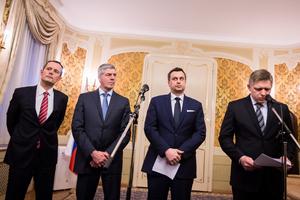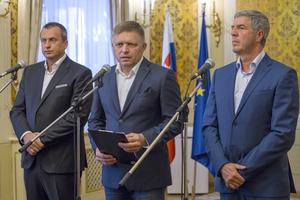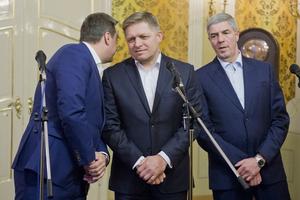It took just one letter for a coalition crisis to break out in Slovakia this August.
The ruling coalition has been in crisis since Andrej Danko, leader of the junior coalition Slovak National Party (SNS), wrote a letter to his two coalition partners. In the letter withdraws SNS from the coalition agreement they signed less than a year ago, on September 1, 2016. At that time, the Sieť party left the coalition and the new threesome signed a new deal.
Danko’s decision came out of the blue for his partners as well as for observers. MPs of the opposition, the ruling coalition, and even people from within SNS admitted they were surprised or even shocked by his move.
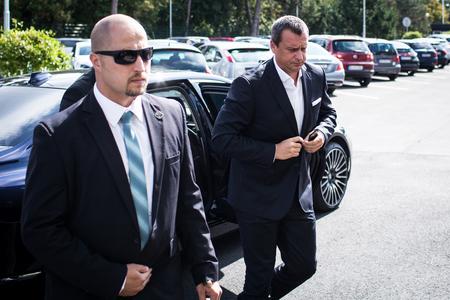
The SNS leader argues that the coalition needs to set new priorities and new rules for their mutual relationship.
“The good socio-economic situation in 2017 shows that it’s necessary to focus on new challenges and priorities that need to translate into the coalition agreement and into a new programme statement of the government,” Danko wrote to his partners.
The letter launched a series of meetings among the leaderships of the ruling parties. Senior coalition Smer leader, Prime Minister Robert Fico, convened a coalition council for the next day, August 8, to discuss the situation with Danko and Most-Híd leader Béla Bugár.
As he arrived to the meeting, he limited his statements to the journalists expecting the leaders in front of the Bôrik Hotel in Bratislava, telling them: “You are pathetic, all of you.”
After the meeting, only Bugár spoke to the media, while Fico and Danko slipped away from the hotel during his briefing.
Problems at the Education Ministry
The opposition sees Danko’s move as an effort by SNS to cover up the scandal involving the distribution of EU funds by Education Minister Peter Plavčan.
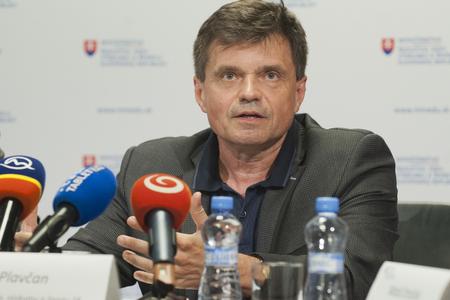
The Education Ministry has been accused of mishandling money from EU funds for research and innovation. The ministry faces suspicions of manipulating the distribution of money from EU funds, amounting to almost €600 million within two calls for projects. Of great suspicion is that none of the Slovak universities has received money for their long-term projects; another problem is that some companies who have been granted funding only changed their focus of operations in the Business Register shortly before responding to the call.
There have also been corruption allegations. The police are checking on the case, and so is the European Commission.
“Therefore, [Danko] is provoking a seemingly serious conflict within the coalition,” reads a statement signed by SaS leadership.
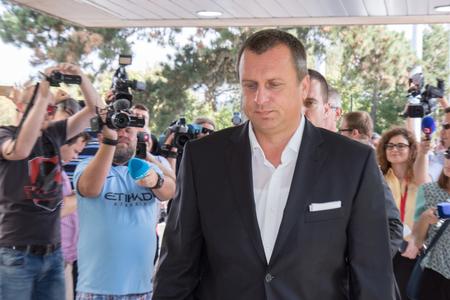
Danko denied the accusations and recalled that the system for drawing EU funds in the education sector was set up in December 2015, when Smer nominee Juraj Draxler was at the helm of the education department.
The opposition is determined to go through with its earlier plan to oust Plavčan from the ministerial post after the summer break, on August 18.
What SNS says
SNS politicians however, do not cite the suspicions at the Education Ministry as the reason for Danko’s move.
They admitted to having discussed the possibility of withdrawing from the coalition agreement at their leadership session on August 3, but only as an extreme option. SNS deputy chair Anton Hrnko was unable to explain why Danko went through with that option without consulting party leadership. On August 3 he only said:
“This is not how I imagined an effective government,” as quoted by the Sme daily.
Another SNS deputy chair Jaroslav Paška, explained the crisis as due to the long-term unwillingness of coalition partners to coordinate work in the regions. He alleged that Smer refuses to vacate the posts for SNS nominees in the regional offices.
There have also been allegations that the Government’s Office has been mistreating Danko recently.
SNS sees conspiracies
While Most-Híd and Smer limited their comments to the media at first, the SNS went on complaining about the troubled relations within the coalition even after the first coalition meeting.
Paška, speaking to the media on August 8, hinted that some SNS members feel like there is some coordination between the OĽaNO opposition and the Government’s Office, particularly after Erik Tomáš returned to serve as the media advisor there.
“It looks like that entity [OĽaNO] has been set up to fling dirt with materials that have been prepared somewhere else,” Paška said as quoted by the Sme daily. “We feel that the coordination is starting to clearly show.”
Paška refused the education minister’s responsibility for the dubious practices around the EU funds for science and research.
“If anyone feels that Smer and OĽaNO leader Igor Matovič are cooperating, they must have gotten heatstroke,” Bugár responded at his August 9 press conference.
OĽaNO is rejecting such allegations as well, calling them absurd. So did Tomas, who previously worked as state secretary at the Education Ministry, but now claiming in an interview with the Sme daily that he hasn’t worked at the ministry for a year now and has no access to its documents.
“Besides, most of the documents are public,” he told Sme.
Who is Gučík?
Due to the coalition crisis, the name of Michal Gučík also resurfaced in a new controversy. Gučík, the former general director of the TA3 news channel (which belongs to tycoon Ivan Kmotrík), has previously worked on campaigns for the now obsolete HZDS of Vladimír Mečiar and the SNS. He is also alleged to be behind the party’s racist billboard from the 2010 election campaign.
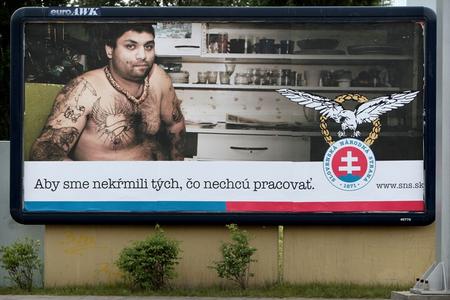
Now, on August 7, Danko and Bugár met at Gučík’s house in Bratislava.
“If Mr Danko had been somewhere else, I would have met him there,” Bugár told the August 9 press conference when asked why he was photographed coming to Gučík’s house.
Gučík has had several business activities linked with Kmotrík in the past. Kmotrík refused to give details about his relations with Gučík when asked by the Sme daily.
“He surely has some relationships and is in the position of a quasi-media advisor, but surely not a political one,” Kmotrík said about Gučík.
Early elections unlikely
As The Slovak Spectator went to print on August 10, the coalition crisis remained unresolved. The three partners were set to meet on Friday, August 11 again, to hear Danko’s ideas about how the coalition should work going forward.
Speaking after the meeting, Bugár stressed that the fall of the government or early elections were not an option.
“There is no alternative to the current government,” he said, citing the outcome of the August 8 meeting with his coalition partners, which he also repeated in the two days that followed.
In the Slovak political environment, the coalition agreement does not have much binding force. It is a political rather than constitutional document. In this sense, SNS’ withdrawal does not automatically mean that the government should fall or that early elections are likely. None of the local observers expect things to go that far in fact.
“This crisis is unlikely to lead to early election,” political analyst Grigorij Mesežnikov told The Slovak Spectator.
At the same time, however, he noted that it is questionable if the current government survives full term, since “the predictability level of one of the coalition partners is very low”.


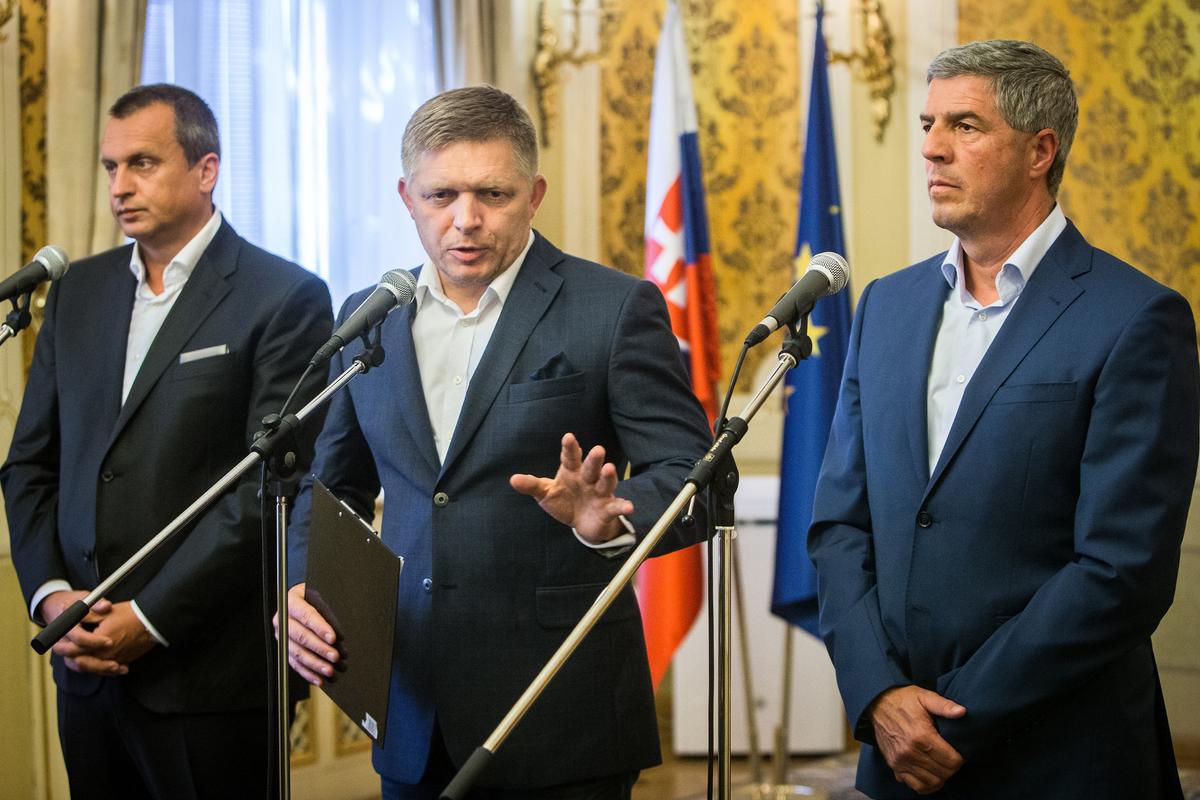 The coalition leaders on August 3, the week before Danko sent his letter. (source: Sme - Jozef Jakubčo)
The coalition leaders on August 3, the week before Danko sent his letter. (source: Sme - Jozef Jakubčo)
